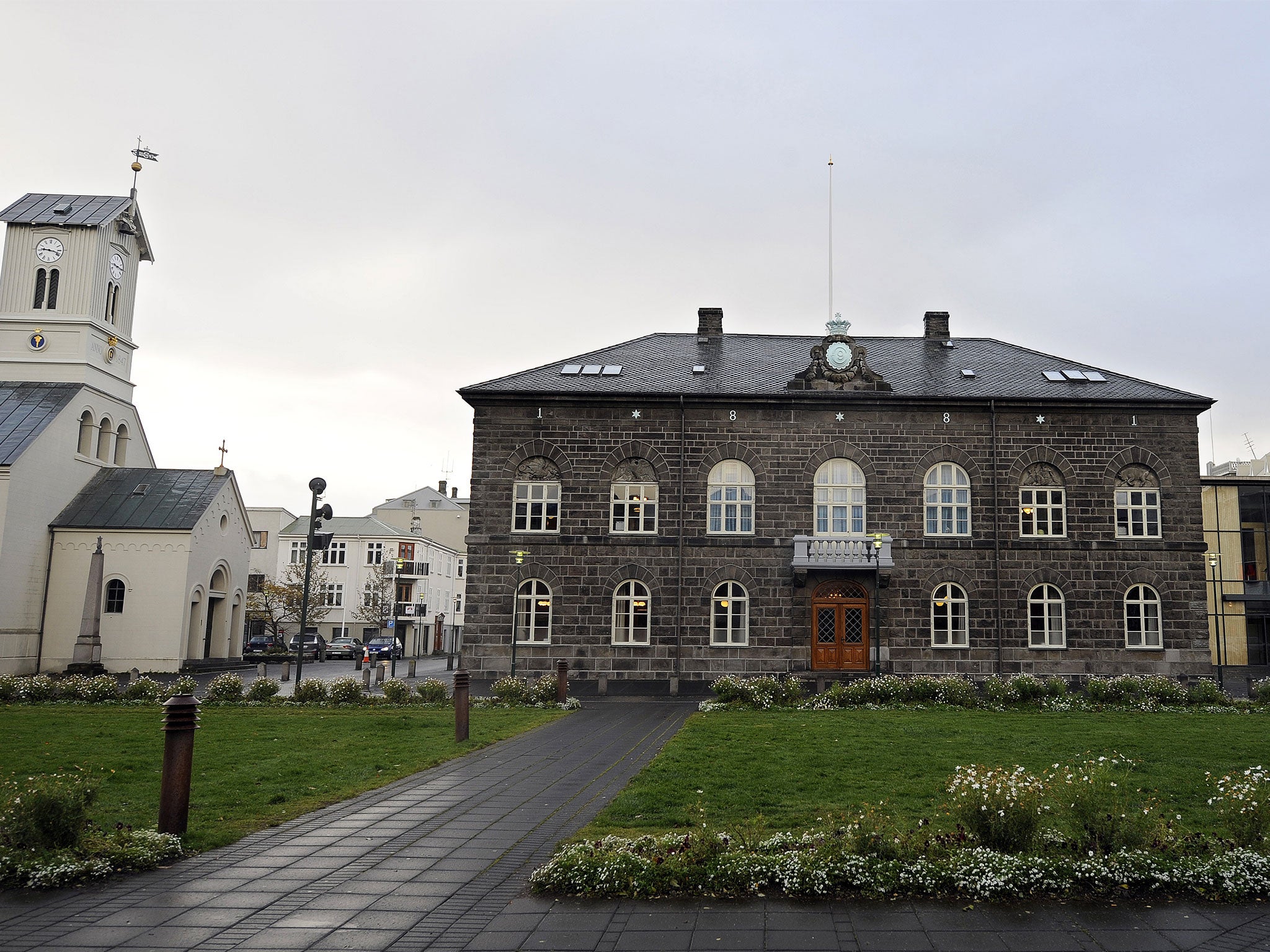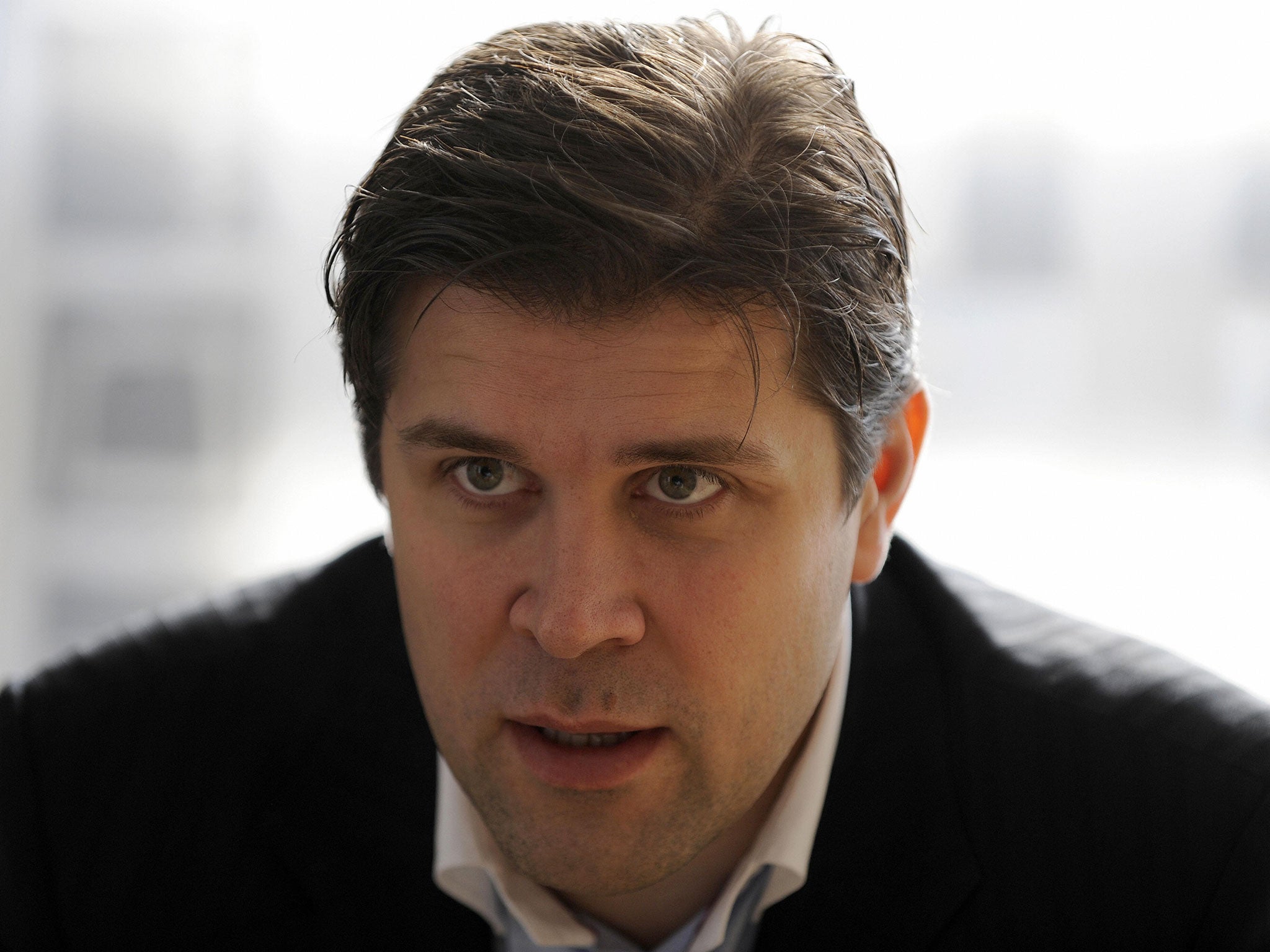Iceland has new coalition government led by Conservative Prime Minister Bjarni Benediktsson
The deal could pave the way for the country to join the EU

Your support helps us to tell the story
From reproductive rights to climate change to Big Tech, The Independent is on the ground when the story is developing. Whether it's investigating the financials of Elon Musk's pro-Trump PAC or producing our latest documentary, 'The A Word', which shines a light on the American women fighting for reproductive rights, we know how important it is to parse out the facts from the messaging.
At such a critical moment in US history, we need reporters on the ground. Your donation allows us to keep sending journalists to speak to both sides of the story.
The Independent is trusted by Americans across the entire political spectrum. And unlike many other quality news outlets, we choose not to lock Americans out of our reporting and analysis with paywalls. We believe quality journalism should be available to everyone, paid for by those who can afford it.
Your support makes all the difference.Iceland has a new government after the centre-right Independence, Reform and Bright Future parties agreed to form a coalition, potentially paving the way for the country to join the European Union.
As part of the new settlement Iceland's parliament will be given a vote on whether to hold a referendum on joining the 28-member bloc.
The coalition will hold 32 of the 63 seats in parliament - just enough to give it a majority.

The Independence Party - which opposes EU membership - will have 21 seats, making it the largest party in the coalition.
The other two parties - with a combined 11 seats - favour joining the EU.
The deal brings to an end three months of stalemate following October's general election.
The three parties failed in their attempt to form a coalition in November and the Left Greens and the Pirate Party also made unsuccessful attempts to form a government.
Iceland applied to join the EU in 2009 after parliament voted to enter talks.
But officials walked away from the negotiations in 2013 after an election saw Eurosceptic parties take power.
Early indications suggest MPs may back a referendum on EU membership although a poll conducted at the end of last year showed a majority of Icelanders are against joining the union.
Just 26 per cent favoured EU membership against 53 who were against it in the December survey.
Join our commenting forum
Join thought-provoking conversations, follow other Independent readers and see their replies
Comments